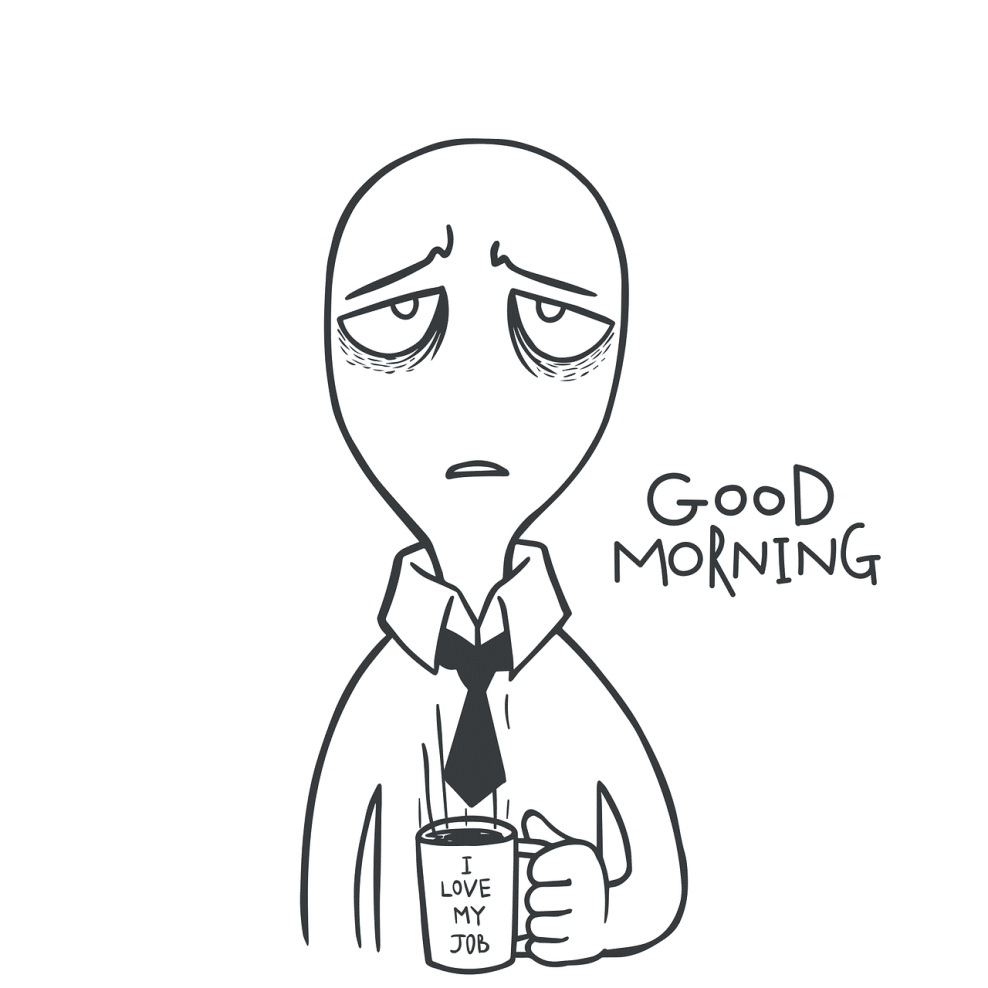
We’ve all been told time and time again that sleep directly affects performance and that poor quality sleep or lack of sleep leads to loss of productivity, reduces your stamina, your emotional balance, and negatively affects your perception of people and your relationships. That seems to fall on deaf ears because, in the workplace, sleep remains an overlooked factor.
As a business owner or manager, you’re more
likely to go by the “you snooze, you lose” mantra. You may associate sleep
deprivation with what it takes to succeed and think that never switching off
from work shows your dedication. In this article, we’ll try to change your mind
by showing you how your lack of sleep makes you underperform in your role as a
leader or, in other words, it makes you a terrible boss.
Even Small Deficits Have a Significant Impact on Productivity
You may think that cutting back on your sleep for an hour or two occasionally won’t have much of an impact, and in the end, what matters most is meeting those deadlines and making a good impression. But researchers found that even 30 minutes will affect your concentration, motivation, ability to keep track of multiple tasks, reaction time, and decision making. It seems that an episode of insomnia leads to a 58% productivity loss. As for people who ignore their sleep apnea, they’re between 19 and 34% less productive than their colleagues who don’t snore.
This leads to a vicious circle: the less you
sleep, the slower you become, and since it takes you longer to complete your
tasks, you work extra hours and sacrifice more sleep. This goes to show that,
as a business owner, the most significant ROI comes from looking for the best adjustable mattress, seeing your doctor about your snoring problem, and
going to bed on time.
Sleep Deprivation Affects Your Charisma
A study published in the Journal of Applied Psychology examined the effects sleep deprivation had on charisma. Participants were asked to deliver a presentation. They were divided into an experimental group and a control group for comparison. The experimental group had to stay up and complete a series of surveys. In the morning, when they gave the presentation, they were rated as significantly less charismatic than the control group who was not sleep deprived. In this context, charisma is defined as leadership quality, as your ability to inspire and to present yourself as intelligent and competent.
In a second study, they analyzed how sleep deprivation affects how the audience
perceives the speaker. A similar procedure, the experimental group had to stay
up and, in the morning, watch a video of a leader delivering a presentation and
rate them according to how charismatic they come across. The lack of sleep
resulted in much harsher evaluations.
This suggests the way you are perceived as a leader is not only influenced by your sleep patterns but also by how well rested your employees are. If working overtime is a common occurrence in your company, there’s a good chance that your staff sees you as uninspiring, unintelligent, and incompetent.
